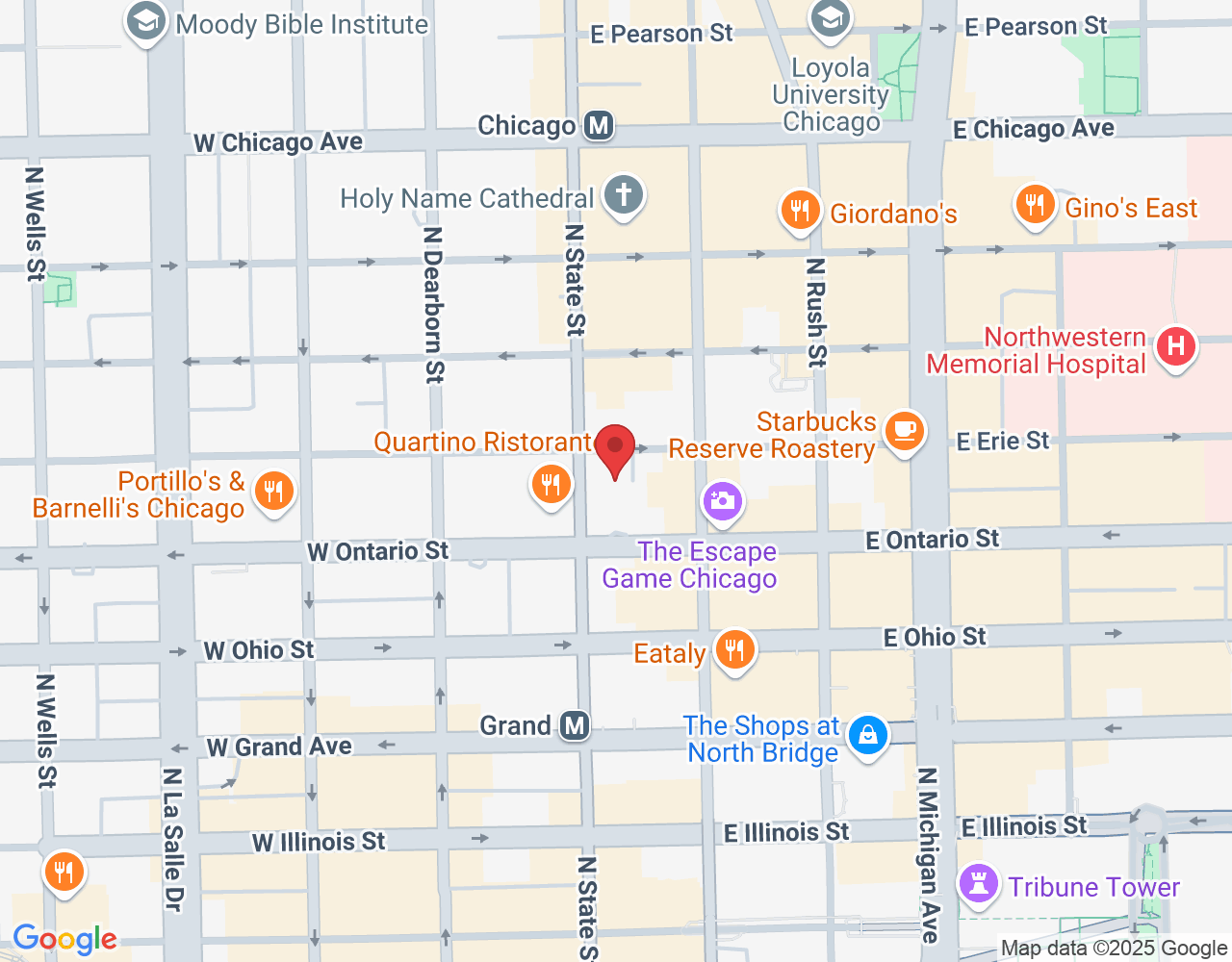
Navigating Mental Health: Insights and Coping Strategies for Disorders
In today's fast-paced world, mental health concerns have become increasingly prevalent, with many individuals experiencing various mental disorders. Our busy lifestyles often contribute to these issues, as we constantly find ourselves racing against the clock, striving to accomplish endless tasks while never feeling truly satisfied with our achievements.
Amidst this chaos, managing stress becomes paramount. But how can we effectively cope with the pressures of modern life and maintain a healthy mind?
One of the simplest yet most effective strategies is to prioritize self-care by setting aside dedicated time for yourself each day. Whether it's a few moments of quiet reflection, engaging in a hobby you enjoy, or practicing mindfulness exercises, carving out this time allows you to recharge and nurture your mental well-being.
By incorporating self-care practices into your daily routine, you can alleviate stress, improve your overall mental health, and build resilience to better cope with life's challenges. Remember, taking care of your mental health is essential for leading a fulfilling and balanced life.
Exploring Final Expense Insurance and Mental Health Concerns
In this article, we'll explore the intersection of final expense insurance and mental health issues, shedding light on important considerations and potential challenges.
The severity of one's mental illness and the progress of therapy play significant roles in determining eligibility for life insurance coverage. Insurance providers assess these factors carefully to evaluate risk and determine coverage options.
Navigating mental health concerns while seeking final expense insurance can be daunting, but it's essential to explore options and find the best solution for your needs. Whether you're managing anxiety, depression, or other mental health conditions, understanding how these factors impact insurance eligibility is crucial.
Join us as we delve deeper into this topic, exploring strategies and insights to help you navigate the complexities of final expense insurance in the context of mental health. Your thoughts and feedback are welcome as we journey through this important discussion. Feel free to share your comments below.
Life Insurance Options for Individuals with Mental Health Concerns
"Exploring Life Insurance Options... Some carriers offer instant approval for coverage in as little as 10 minutes!"
In our increasingly complex world, mental health awareness has reached unprecedented levels, with conditions such as schizophrenia, anxiety disorders, and depression gaining significant attention.
Royal Neighbors of America provides day one coverage, offering a ray of hope for those seeking life insurance coverage while managing mental health issues. However, it's essential to be transparent with your agent about any medical issues to ensure accurate guidance and assistance.
According to medical experts, millions of Americans grapple with various mental health conditions, including social anxiety, obsessive-compulsive disorder, and addiction.
While stress is a natural part of life, chronic stress can take a toll on physical, mental, and emotional well-being. Prolonged stress triggers biochemical changes and the release of stress hormones, potentially leading to anxiety and depression and impacting brain function.
Increased public awareness and open dialogue about the prevalence and causes of mental stress are crucial steps toward prevention and mitigation of its effects on individuals. By fostering a supportive environment and addressing stressors head-on, we can promote mental well-being for everyone.
Understanding Mental Health
Mental health is a multifaceted aspect of human well-being that encompasses various dimensions, including emotional, psychological, social, and behavioral components. It's not merely about the absence of mental illness but also about achieving a positive state that enables individuals to thrive and cope with life's challenges effectively.
Factors influencing mental health are diverse and include genetics, life experiences, physical health, environmental conditions, and social interactions. Recognizing mental health as a spectrum is essential, as individuals may move along this spectrum throughout their lives, experiencing fluctuations in their mental well-being.
Managing mental health involves a proactive approach that includes seeking support when needed, practicing self-care, nurturing social connections, and adopting a healthy lifestyle. Mental health professionals play a crucial role in providing support and treatment options tailored to individual needs, empowering individuals to overcome challenges and lead fulfilling lives.
Among the prevalent mental health conditions are:
1. Anxiety Disorders:
Generalized Anxiety Disorder (GAD) is characterized by persistent worrying, restlessness, difficulty concentrating, and physical symptoms such as fatigue and muscle tension.
Panic Disorder involves sudden and intense periods of fear accompanied by physical symptoms like palpitations, sweating, and chest pain.
2. Clinical Depression:
Major Depressive Disorder (MDD) manifests as persistent feelings of sadness, hopelessness, and loss of interest or pleasure in activities. It can range from mild to severe and may lead to suicidal ideation.
3. Obsessive-Compulsive Disorder (OCD):
OCD involves intrusive thoughts (obsessions) and repetitive behaviors (compulsions), such as handwashing or checking.
4. Post-Traumatic Stress Disorder (PTSD):
PTSD develops in response to traumatic experiences and may involve nightmares, flashbacks, guilt, and avoidance behavior.
5. Phobias:
Phobias are exaggerated fears of specific objects or situations, leading individuals to avoid them excessively.
Seeking help from mental health professionals is crucial for accurate diagnosis and effective treatment. Treatment options may include therapy, medication, exercise, and stress reduction techniques. With proper support, individuals can manage symptoms, improve their quality of life, and cultivate resilience.
Understanding mental health conditions and seeking support is vital for promoting well-being and resilience in individuals and communities. By fostering open dialogue, increasing awareness, and reducing stigma surrounding mental health, we can create a more supportive and inclusive society where everyone has the opportunity to thrive.
What Are Mental Health Mood Disorders?
Although slightly different from the mental health diseases or various types of mental disabilities stated above, mood disorders can coexist with or be the root of such conditions. Many of them are described below by the Mayo Clinic. Many people can successfully treat their mood problems with medication and conversation therapy (called psychotherapy).
Here are some instances of mental or mood disorders:
Major depressive disorder — mentioned already, this is characterized by prolonged and persistent periods of extreme sadness, empty feelings, guilt or others. It’s a real illness.
Bipolar disorder — also called manic depression or bipolar affective disorder, this depression includes alternating times of depression and mania
Seasonal affective disorder (SAD) — a form of depression most often associated with fewer hours of daylight in the far northern and southern latitudes from late fall to early spring
Cyclothymic disorder — a disorder that causes emotional ups and downs that are less extreme than bipolar disorder
Premenstrual dysphoric disorder — mood changes and irritability that occur during the premenstrual phase of a woman’s cycle and go away with the onset of menses
Persistent depressive disorder (dysthymia) — a long-term (chronic) form of depression
Disruptive mood dysregulation disorder — a disorder of chronic, severe and persistent irritability in children; often includes frequent temper outbursts inconsistent with the child’s developmental age
Depression related to medical illness — a persistent depressed mood and significant loss of pleasure in most or all activities directly related to the physical effects of another medical condition
Depression induced by substance use or medication ― depression symptoms that develop during or soon after substance use or withdrawal, or after exposure to a medication
Alcohol withdrawal is one such example. Some experts in the field, such as those at addictioncenter.com will tell you that
“Alcohol abuse and depression are very closely correlated. Many depression sufferers, especially ones who have not been properly diagnosed, often turn to alcohol to escape. Desperate to feel better or numb the pain, even for a little while, depression sufferers often use the pleasurable effects of alcohol for that purpose.”
Alcoholics in recovery may require inpatient or outpatient care for the medical problems they have during withdrawal, but mental and emotional rehabilitation depends on counselling, AA (Alcoholics Anonymous) support groups, and the assistance of friends and family.
What Is A Trigger Warning?
One interesting mental health quandary that’s arisen of late is whether students on college campuses should be given “trigger warnings.”
Psychology Today explains: “Recently, there has been a growing push for the use of “trigger warnings” on college campuses. A trigger warning is a brief opening statement that a lecture or reading’s content may provoke an adverse reaction in some people. The nature of the potential reaction is left unspecific; but can conceivably refer to disturbing and distressing thoughts, emotions and behaviors.”
Trigger warnings, however, benefit or harm mental health? The article goes on to suggest that those with PTSD or other severe anxiety disorders may find these warnings to be very useful, although some researchers disagree and claim there isn't much proof that trigger warnings are effective.
They contend that "avoiding phobic encounters can be damaging to individual mental health" and they have studies to back up this claim. Avoidance can exacerbate unhappiness and concern, which can impede daily activities and stunt personal development. In fact, data points to exposure rather than avoidance as the greatest strategy for dealing with excessive fear.
What are a few non-drug, natural strategies to support mental health?
The practise of mindfulness meditation reduces stress and anxiety. According to research presented in the Journal of the American Medical Association, pain, depression, and other psychological pressures can all be reduced with the practise of mindful meditation. Apps and training courses for mindfulness are now widespread.
According to one medical professional, this technique is effective because "those who suffer from anxiety have a problem dealing with distracting thoughts that have too much force." People learn to identify and let go of their negative thoughts via the practise of mindfulness.
Exercise and mental health are closely related. Exercise has a tonne of advantages for your weight and general physical health, but it's become clear that it's also crucial for your emotional and mental well-being.
According to studies, exercise can be just as helpful as antidepressants in treating mild to moderate depression while having none of the negative side effects. Regular exercise, even for just 15 to 30 minutes a day, can often lead to feelings of wellbeing and relief from anger or anxiety.
Conclusion
The topic of mental health is complex. Understanding mental problems and how to handle them can be challenging. This essay will delve deeper into the subject of mental health and comprehension of treatment, focusing on life insurance for those with a diagnosis of a mental disease. The severity of the mental disease and the course of therapy will determine whether you qualify for any sort of life insurance. One thing is still certain: don't wait to contact us if you're seeking for high-quality protection plans that are customised to your needs! You'll be pleasantly delighted by our prompt, courteous service and affordable prices.
Evaluate quotes from leading insurance providers
Compare quotes from top insurance carriers
Best Plan For Me
Qualified Health Impairments
This site provides life insurance information and quotes. Each rate shown is a quote based on information provided by the carrier. No portion of BestBurialPolicy.com may be copied, published or distributed in any manner for any purpose without prior written authorization of the owner.




